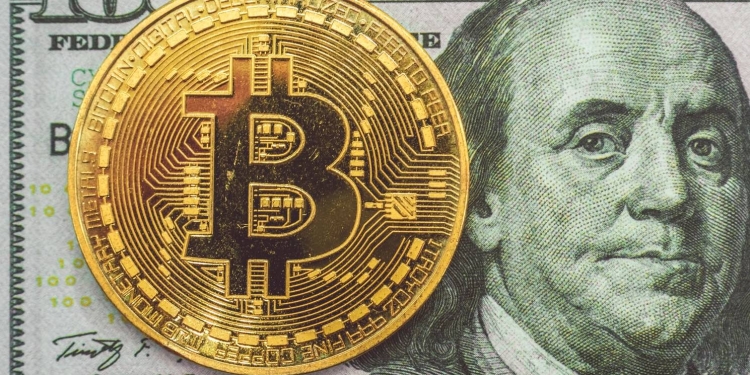El Salvador is now the first country to adopt bitcoin as legal tender. The new law may potentially require shops and businesses in El Salvador to accept Bitcoin as a mode of payment. This was after its president Nayib Bukele sent out a proposal to its congress, in an effort to promote “financial inclusion”.
Bukele’s “Bitcoin Law” proposal dictates that bitcoin would be “unrestricted legal tender with liberating power”. It also says that the cryptocurrency would be “unlimited in any transaction”.
In Malaysia, there’s a limit when it comes to coins. For example, 1 sen, 5 sen, 10 sen and 20 sen to be used as legal tender for up to RM2. RM1 and 50 sen coins can be used to make payments of up to RM10.
Their exchange rate would be against the US Dollar, El Salvador’s official currency, and the exchange rate will be set by the market. On 9 June, “Bitcoin Law” was approved by the Salvadoran congress, and it will go into law in 90 days.
Bukele also announced that El Salvador is partnering with digital wallet company Strike to help adopt bitcoin into their financial infrastructure. Jack Mallers, founder of Strike, said that it would go down as a “shot heard ’round the world for bitcoin.”
Here’s how it could be good
President Bukele said that bitcoin as legal tender could help generate jobs and help provide financial inclusion to thousands outside the formal economy. It could also make it easier for Salvadorans living abroad to send remittance back home.
“In the medium and long term, we hope that this small decision can help us push humanity at least a tiny bit into the right direction,” Bukele said.
And according to El Salvador’s Legislative Assembly Third Vice President Guillermo Gallegos, the decision would make banks “no longer necessary”. He continued saying that “many Salvadorans in the country can not use a bank because they have thousands of requirements”.
Here’s why it might not be such a great idea
However, the decision isn’t universally celebrated. Father José María Tojeira, director of the Human Rights Institute at the University of Central America, said that not a lot of Salvadorans have the technical capacity to access bitcoin. David Morales, from the Cristosal human rights group, described the legislation as “political marketing”.
“It was an idea that occurred to the president and became law within hours. This kind of important decision is made as part of a marketing strategy, instead of having a real national debate,” said Morales.
Carlos Carcach, a professor at El Salvador’s Superior School of Economics and Business, pointed out that bitcoin is extremely volatile. This means that investors would also “run the risk of becoming rich and being poor the next day”.
The day after El Salvador passed the Bitcoin Law, the cryptocurrency jumped 6%—to more than USD 37,000 (RM152,280). Seeing how wild the price swings are, Carcash’s point is pretty valid. But we just have to see if El Salvador’s decision would work as a payment mechanism on a country-wide basis.
[ SOURCE, IMAGE SOURCE ]








